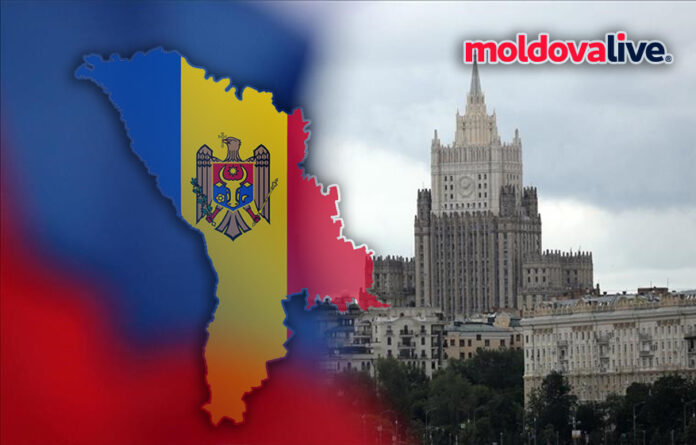An investigation by BIRN’s Bosnia & Herzegovina outlet Detektor and Moldovan outlet CU SENS has uncovered alleged Russian-run paramilitary training camps in Bosnia and Serbia, designed to prepare Moldovans to destabilise their country around the 2024 presidential election.
Recruitment and Training
Moldovan citizen Maxim Rosca testified that Anatolii Prizenko—a business associate of his wife—approached him with an offer to join training sessions “to defend yourself.”
FOR THE MOST IMPORTANT NEWS, FOLLOW US ON TWITTER!
According to Rosca, he and other recruits underwent training in forest camps in Republika Srpska (Bosnia & Herzegovina) and in Radenka (eastern Serbia). The program reportedly included combat drills, drone operations, riot tactics, psychological conditioning, and tight surveillance. Recruits were forced to surrender their phones and passports.
Payments and Links
Trainees were promised US$300–500 for ten days of training, paid in cryptocurrency. Investigators say some of the instructors had ties to the Wagner Group and are already under EU sanctions.
Purpose of the Camps
Moldovan prosecutors allege the camps aimed to prepare individuals to provoke mass unrest during the October–November 2024 presidential election—including riots, clashes with police, and mass disorder. The ultimate goal, they argue, was to destabilise Moldova and influence political outcomes.
Legal and Political Responses
- In Moldova, prosecutors have opened cases against several individuals accused of plotting mass disorder. Roșca is serving as a witness.
- In Bosnia & Herzegovina, the Prosecutor’s Office has launched an investigation into the alleged camps.
- The EU has already sanctioned figures like Prizenko for interference and disinformation operations.
Pro-Russian political actors in Moldova and Republika Srpska have denied the allegations, dismissing them as politically motivated.
Wider Implications
The revelations point to a hybrid interference strategy that goes beyond disinformation and financing, incorporating on-the-ground paramilitary training to incite unrest.
The investigation raises pressure on Bosnia & Herzegovina and Serbia to clarify or curb Russian-linked activities on their soil. For Moldova, the allegations underscore the fragility of electoral integrity and deepen the confrontation between its European integration course and pro-Russian forces.


